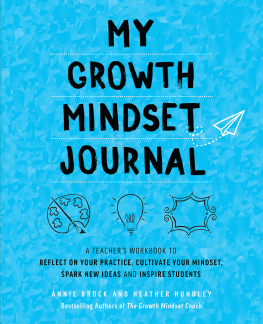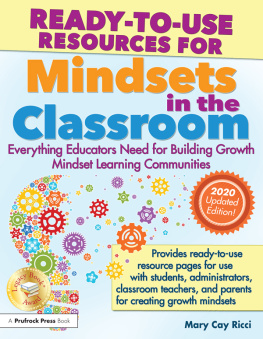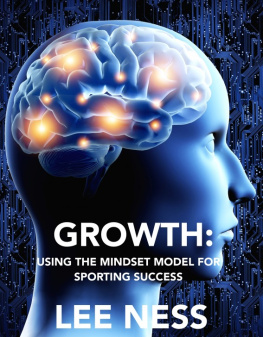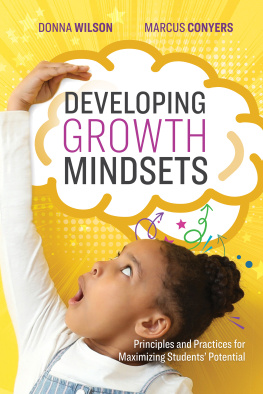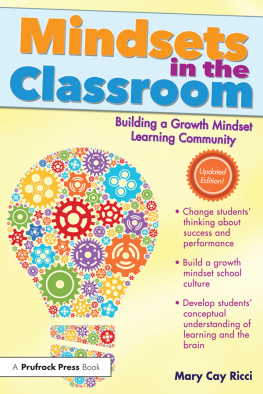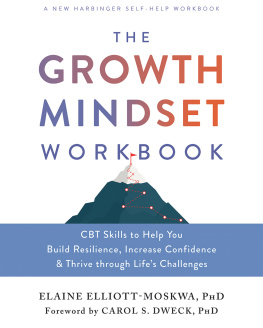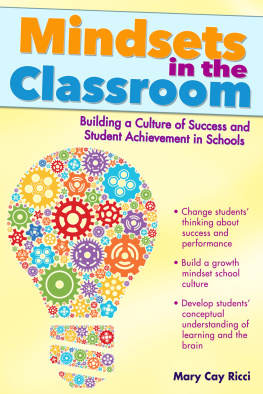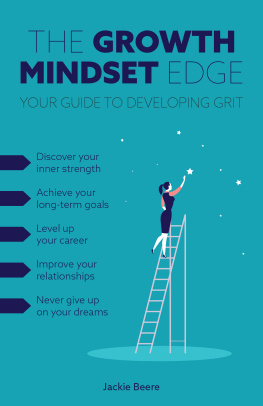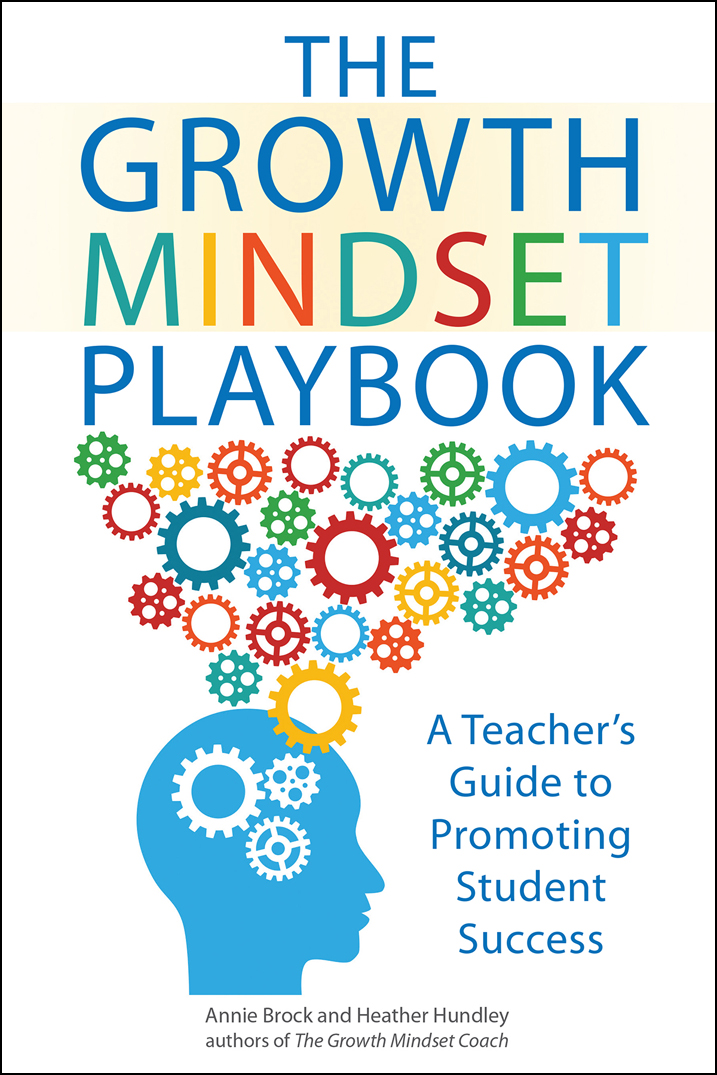
Text copyright 2017 Annie Brock and Heather Hundley. Design and concept copyright 2017 Ulysses Press and its licensors. All rights reserved. Any unauthorized duplication in whole or in part or dissemination of this edition by any means (including but not limited to photocopying, electronic devices, digital versions, and the Internet) will be prosecuted to the fullest extent of the law.
Published in the United States by:
Ulysses Press
P.O. Box 3440
Berkeley, CA 94703
www.ulyssespress.com
ISBN13: 978-1-61243-694-4
Acquisitions editor: Casie Vogel
Managing editor: Claire Chun
Editor: Shayna Keyles
Proofreader: Renee Rutledge
Indexer: Sayre Van Young
Front cover and interior design: what!design @ whatweb.com
Artwork: cover Cienpies Design/shutterstock.com; Oxy_gen/shutterstock.com
Layout: Jake Flaherty
IMPORTANT NOTE TO READERS: This book is independently authored and published and no sponsorship or endorsement of this book by, and no affiliation with, any trademarked brands or other products mentioned within is claimed or suggested. All trademarks that appear in this book belong to their respective owners and are used here for informational purposes only. The authors and publisher encourage readers to patronize the quality brands and products mentioned in this book.
For Jared.
In memory of Helen Moulin.
A.B.
For Matt.
SHMILY
H.H.
CONTENTS
Table of Contents
Guide

They call it coaching, but it is teaching. You do not just tell themyou show them the reasons.
Vince Lombardi
Hey, you! Yeah, you, the super-cool teacher reading this book. We think youre pretty great. We know what youre thinking. How can you think Im great? You dont even know me! Well, we do know a little something about you. You bought this book! (Or borrowed it from a friend, or checked it out from the library, or found it in a dumpster. Though we really hope its not that last one.) Reading this book means that youre interested in learning new ideas and strategies to improve your teaching practice which just so happens to be a foundational skill of growth mindset. See? Youre already nailing it! Its like when you get 20 points for just writing your name on the SAT. (Speaking of which, is that just a myth or the real deal?) Anyway, we know youre a good egg, because weve known bad teachersnot many, but there are a few floating around out thereand you know the one defining characteristic of a bad teacher? Theyve given up. Checked out. Taken a hard pass on self-improvement. We know you havent given up, because you dug this book out of dumpster! Or bought it, maybe. But, no matter how you got the book, were glad you are here, and overjoyed that youve chosen to come along on this growth mindset journey with us.
In the fall of 2016, we released The Growth Mindset Coach, where we took the concept of mindset as outlined in Carol Dwecks best-selling book Mindset: The New Psychology of Success, and applied it to the classroom. We came from different backgrounds. Heather was a long-time elementary school teacher, having taught third, first, and, most recently, kindergarten. Annie was a writer turned high school English teacher and library media specialist. But the idea of growth mindset resonated with us because of its applicability at every level. Even though our experiences in the classroom were as different as The Cat and the Hat and Julius Caesar, we realized that we shared many commonalities in our approaches to teaching. Namely, we were most successful with students when we built strong relationships, cultivated essential non-cognitive skills, and helped students see their undeniable potential to achieve academic and personal growth.
In writing The Growth Mindset Coach, we had the opportunity to share our teaching philosophies with educators from all over the world. We knew the power of seeing our efforts pay off inside the four walls of our own classrooms, but were not quite prepared for how rewarding it felt to hear from teachers and students wed never met who were using, and benefiting from, ideas and lessons shared in our book. You know that feeling a teacher gets when a student masters a difficult concept after wrestling with it for a while? Of course you know the onewe teachers are aha moment junkies! Well, in publishing our book, we were suddenly privy to these special moments from teachers and students who hailed from cities wed never even heard of. How gratifying it was to know that our humble work was actually making a difference! This is why we decided to follow up our first effort with a second.
The Growth Mindset Playbook might be considered a sequel to our first book, but it also has the ability to stand alone. So, if you havent read our first book, dont worry! This book is useful for any teacher interested in promoting the beliefs and values of growth mindset in the classroom. Mindset is a powerful concept that, when used correctly, has unlimited application in schools and classrooms in every corner of the globe.
We said in our first book, and well say it again here, that growth mindset is not a cure-all for what is wrong with the public school system. From segregation and inequity of resources to over-testing and lack of parental involvement, we can point to any number of factors at work that depress our educational efforts. Promoting the science of mindset among todays educational shareholders certainly cannot fix these systemic issues, but we believe that it can make a difference. In Chile, for example, it was found that low-income students with a growth mindset narrowed the achievement gap between themselves and their high-socioeconomic status counterparts, while low-income students with a fixed mindset did not.
There is far more work to be done in studying the implications of developing growth mindsets, but there is ample evidence that they can work in improving academic outcomes. For now, our very best advice is: Bloom where you are planted. Sometimes, the best you can do is start from where you are with what you have. What we seek to do here is give you an understanding of and strategies for teaching and developing growth mindset, along with a whole host of non-cognitive skills closely related to mindset that can help propel you and your students toward more fulfilling lives.
Head to your local soccer fields on a fall Saturday morning or the community baseball diamond on a breezy summer evening, and youll see kids playing sports. Along with that, youll see parents acting as coaches, fans, and sometimes even referees. They will yell out encouragements, pointers, and instructions from the stands. They will pull a kid to the side and go over a concept after a failure on the field. These adults will be doing and saying a lot of things that we dont often see when it comes to school. If a goalie lets a ball slip by into the net, you wont hear a parent say, Well, hes just not cut out to be a goalie. Or, if a little softball player strikes out for the third time that game, you wont hear the coach say, Oh, well. Shes not meant to get a hit. More often than not, you will hear adults engaging in the language of growth mindset:
You can do it!
Keep your eye on the ball!


